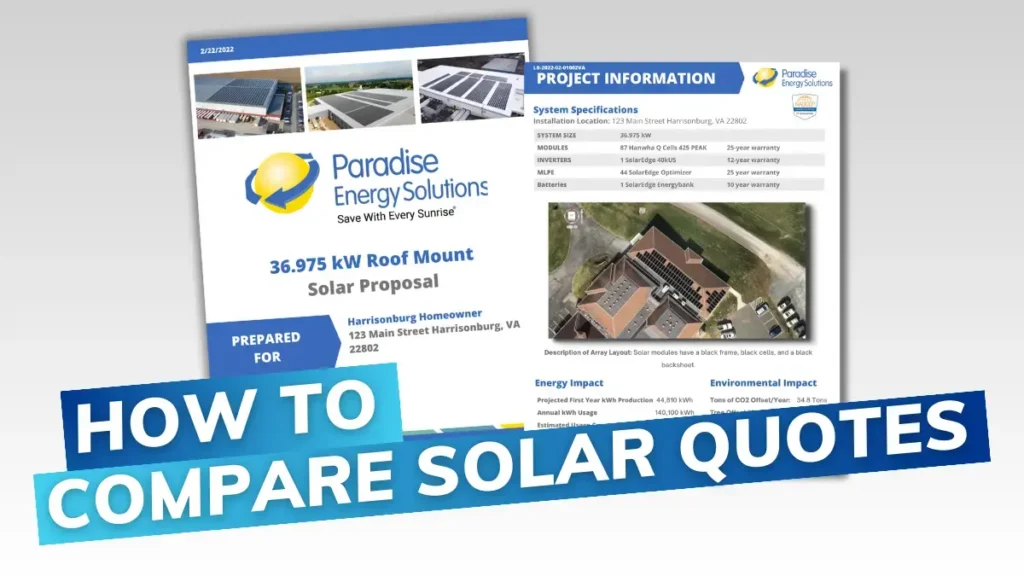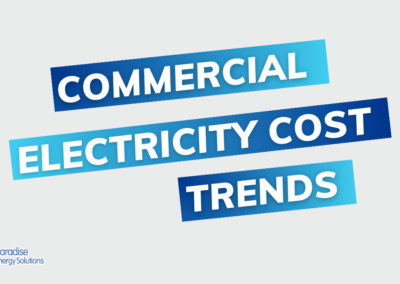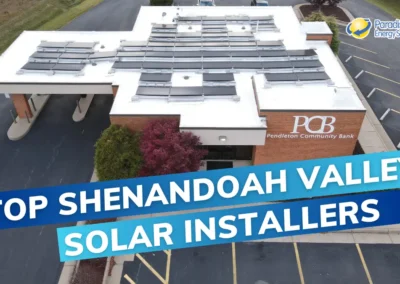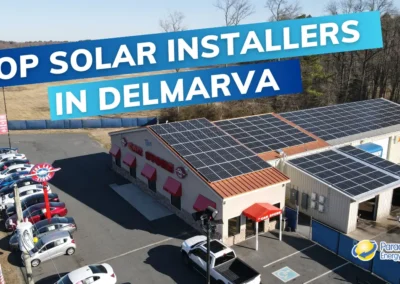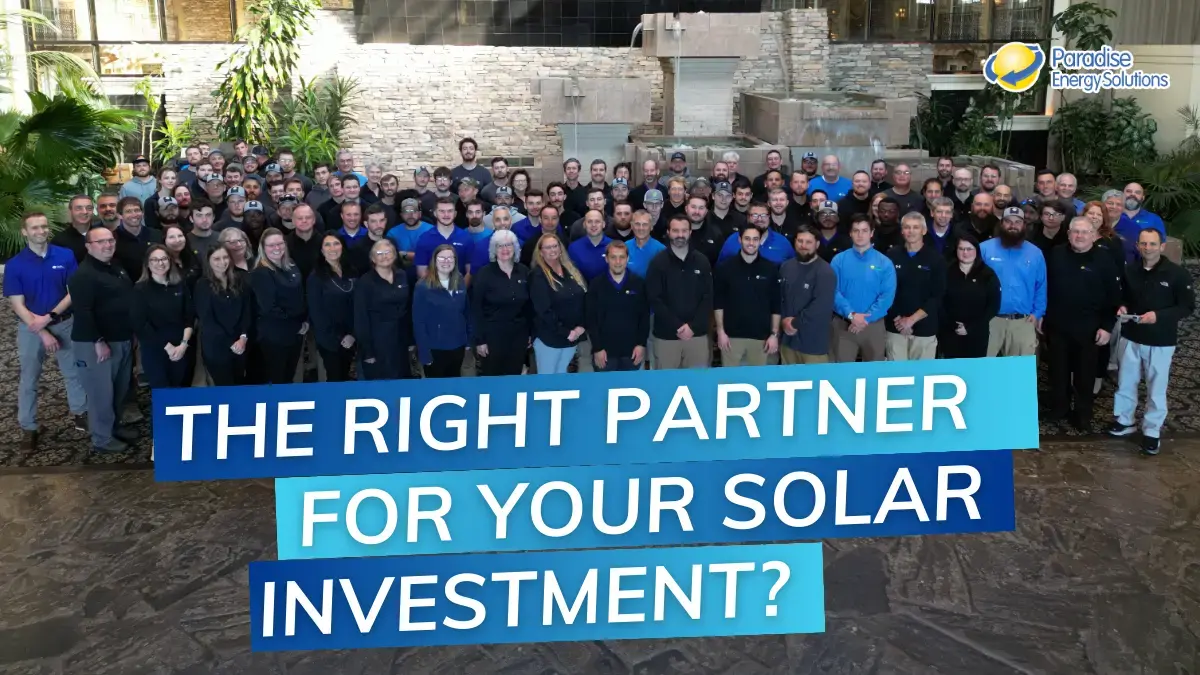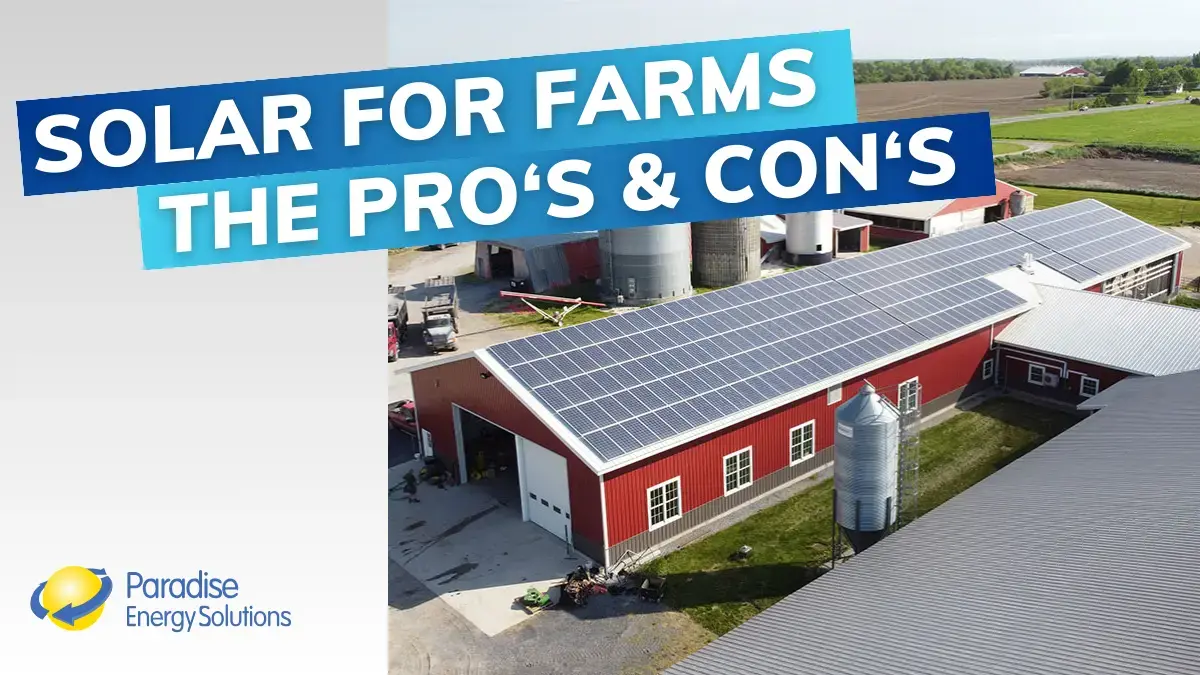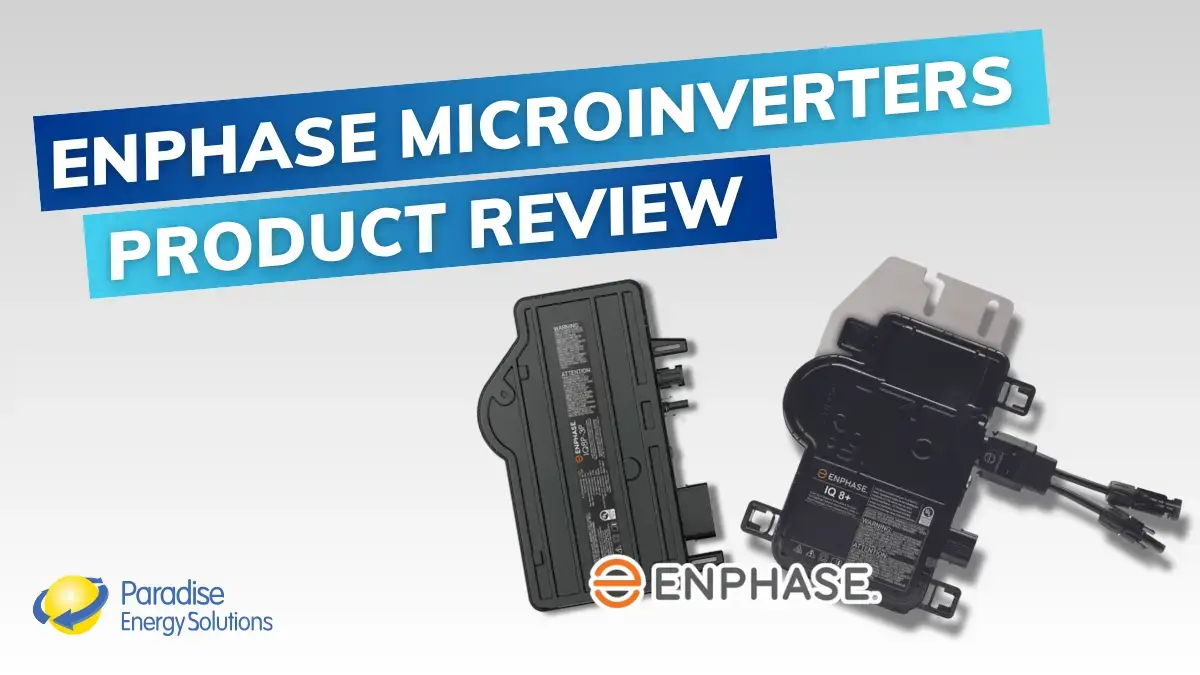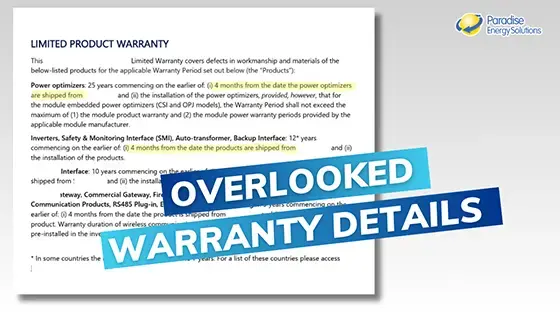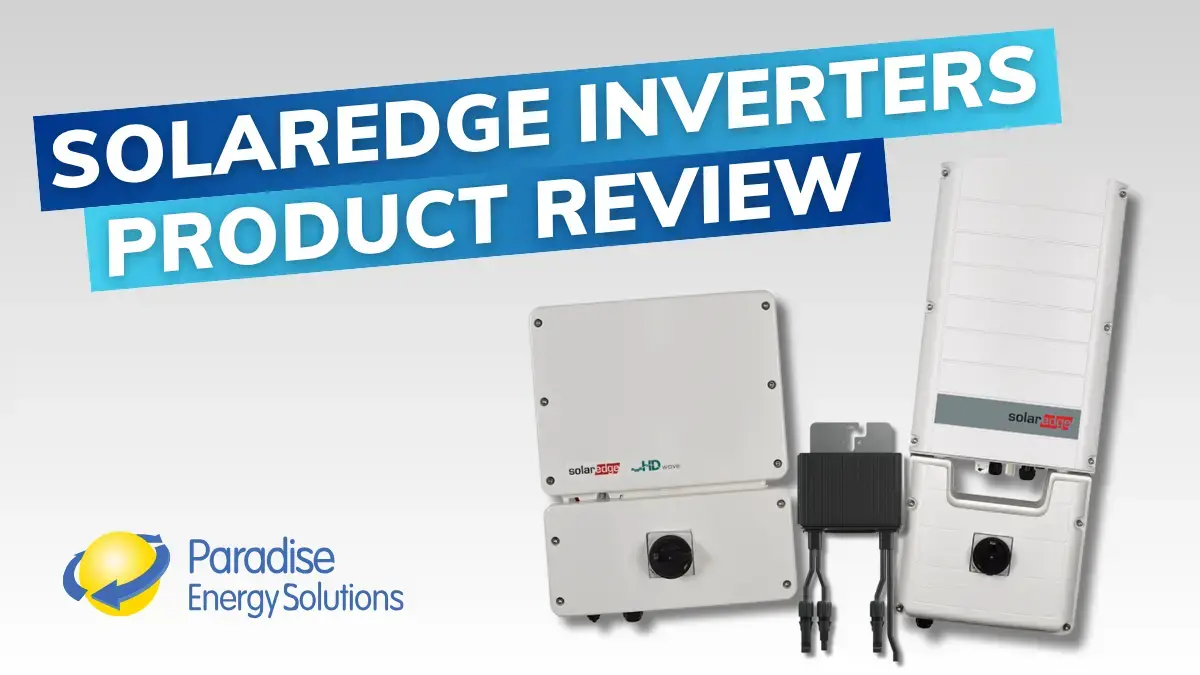Are you considering installing solar panels for your home or business? It’s a smart move toward reducing your carbon footprint and saving on energy costs in the long run. However, before you commit to a solar panel installation, it’s crucial to compare quotes from different solar companies. Not all quotes are created equal, and understanding the nuances can save you from potential headaches down the road.
Solar panel quotes can vary widely in terms of pricing, equipment quality, warranties, and installation services. It’s like comparing apples to oranges, making it challenging to determine which offer provides the best value for your investment.
In this blog, we’ll walk you through the essential factors to consider when comparing solar panel quotes, empowering you to make an informed decision that aligns with your needs and budget.
Setting Yourself Up for Solar Success from the Start
Embarking on a solar journey is an exciting endeavor, but like any significant investment, it requires careful planning and preparation. Setting yourself up for solar success from the start involves conducting thorough research and due diligence to ensure a seamless transition to solar power.
Determine Your Energy Needs
Understanding your current and future energy requirements is the cornerstone of designing an effective solar power solution for your home or business. By accurately assessing your energy needs, you can determine the size and specifications of the solar energy system that will best meet your demands.
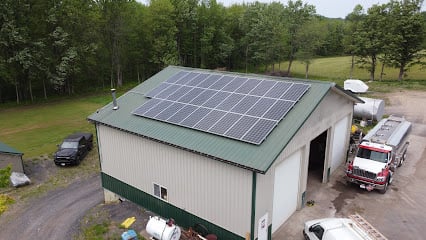 Start by calculating your current energy consumption. Review your past utility bills to determine your average monthly kilowatt-hour (kWh) usage. Note any seasonal variations or spikes in energy consumption, as these factors will influence the size and configuration of your solar panel system.
Start by calculating your current energy consumption. Review your past utility bills to determine your average monthly kilowatt-hour (kWh) usage. Note any seasonal variations or spikes in energy consumption, as these factors will influence the size and configuration of your solar panel system.
Once you have a clear picture of your current energy usage, consider your future energy needs. Factors such as household or business growth changes in occupancy and the addition of new appliances or equipment can impact your energy consumption over time. Consider these variables when estimating your future energy requirements to ensure your solar power system can accommodate potential demand increases.
With your current and future energy needs in mind, you can now begin to assess what you require from a solar power solution. Calculate the size of the solar energy system needed to offset your electricity consumption, taking into consideration factors such as solar panel efficiency, available roof space, and local weather conditions.
Additionally, consider whether you want to achieve partial or complete energy independence through solar power. Homeowners and businesses typically opt for grid-tied solar systems, which allow them to generate their own electricity while remaining connected to the utility grid.
Off-grid solar systems rely solely on solar power and battery storage, offering total energy self-sufficiency. However, going off-grid requires a significant battery system. While some homeowners might consider this option, it’s not financially feasible for businesses to go off-grid.
Research Solar Panel Installers
Choosing the right solar panel installer is crucial to the success of your solar power project. With numerous companies offering solar installation services, conducting thorough research is essential to ensure you partner with a reputable and reliable provider. Here are some factors to consider and steps to take when researching solar panel installers in your area:
1. Reputation and Experience: Begin by researching the reputation and experience of solar panel installers in your area. Look for companies with a proven track record of quality installations and satisfied customers. Online reviews, testimonials, and referrals from friends or family members who have installed solar panels can provide valuable insights into the reputation of different installers.
2. Certifications and Licenses: Verify that the solar panel installer you are considering holds the necessary certifications and licenses required to perform solar installations in your locality. Accreditation from organizations such as the North American Board of Certified Energy Practitioners (NABCEP) demonstrates a commitment to professionalism and industry standards.
3. Installer Warranties: Most solar panel installers sell the equipment manufacturer’s warranties as their main warranties. To ensure your solar panel investment is truly protected, make sure to ask if the installer offers any additional warranties. If the installer offers performance and workmanship warranties on top of the equipment manufacturer’s warranties, that provides an added layer of security and peace of mind.
4. Customization and Design Expertise: Choose a solar panel installer that can customize a system to meet your specific needs and objectives. A reputable installer will conduct a thorough assessment of your property, considering factors such as roof orientation, shading, and energy consumption patterns, to design a tailored solar solution that maximizes energy production and efficiency.
5. Customer Service and Support: Evaluate the level of customer service and support provided by the solar panel installer. Choose a company that offers responsive communication, clear explanations of the installation process, and ongoing support for maintenance and troubleshooting. A reliable installer should be accessible and attentive to your needs before, during, and after the installation of your solar energy system.
When researching solar panel installers, don’t hesitate to ask questions and request detailed information about their services, pricing, and past projects. By conducting thorough research and selecting a reputable and experienced installer, you can ensure a smooth and successful transition to solar power for your home or business.
Requesting Quotes
Once you’ve done your research and identified potential solar panel installers, the next step is to request quotes to compare their offerings and determine the best fit for your needs.
When reaching out to solar panel installers for quotes, be sure to provide detailed information about your property and energy needs. Include factors such as your location, roof type and condition, current energy consumption, and any specific preferences or requirements you may have for your solar energy system. The more information you provide upfront, the more accurate and tailored your quotes will be.
Additionally, communicating your equipment preferences will ensure you receive an accurate quote. For example, you might want all-black solar panels because they are aesthetically pleasing, or you might want string inverters because they are more cost-effective.
